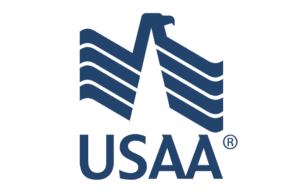Tesla's Answer To Everyone Getting Supercharger Access Is A Massive 200-Charger Site In Florida

Photo: Bloomberg / Contributor (Getty Images)
Once Ford announced it had reached a deal with Tesla to allow its electric vehicle owners to use Superchargers, it was only a matter of time before every other automaker did the same thing. Fast forward to today, and Tesla’s charging takeover is officially complete. With so many more drivers charging their EVs at Supercharger stations, though, there’s a pretty big risk that when you show up, you might have to wait a while. Unless, as CarBuzz reports, you happen to visit the massive 200-charger super site that Tesla’s building in Florida.
The Hype Behind Tesla Stock Success In 2023
Twitter user MarcoRP found the plans to build this massive charging center along Interstate 95 near Orlando in an area known as Yeehaw Junction. Construction will reportedly be done in phases so EV owners don’t have to wait until all 200 chargers are installed to start using them. Also, if you happen to be towing with your EV, there will be eight spots for trailers.
One thing that isn’t clear from these plans is which generation the chargers will be. The newer V4 Superchargers are still pretty rare in the U.S., but we’d hope those are what Tesla has in mind for the site. It will also be interesting to see how many other mega-charging sites like this end up being built. So far, we know that there are plans for something similar in California, although that one will “only” have 164 chargers.
It’s not just Tesla building massive charging sites, either. For example, Shell built a 258-charger mega-site at the Shenzhen airport. Other companies building their own charging networks appear to mostly be focusing on smaller sites, at least in the U.S., but you never know. If Tesla’s Yeehaw Junction location proves popular, we could end up seeing several more of them popping up before too long.




